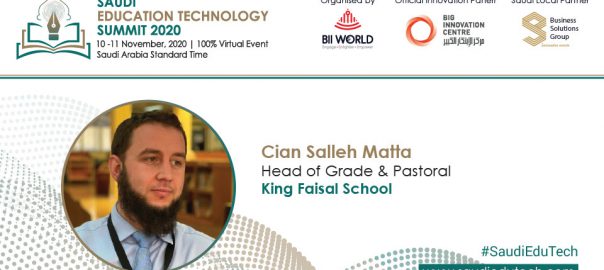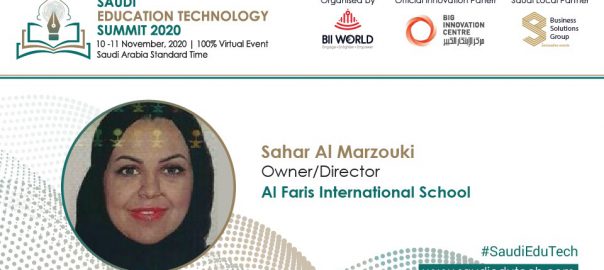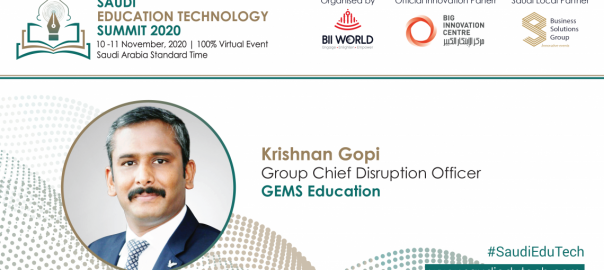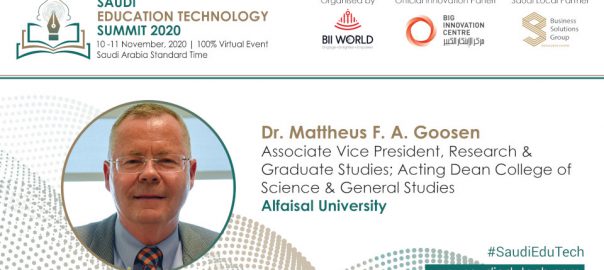How has COVID 19 changed the future for education sector?
It is hard to say that it will change the future at this point, but what we do know is that it is currently affecting our approach to teaching; however, during this period educators globally have embraced new challenges and new approaches to learning which I feel will contribute to the development of learning coupled with pedagogic practice before COVID 19. Teachers and students have been able to adapt to change which shows resilience and hopefully this will help broaden and deepen their overall confidence.
What has been the biggest challenge for this sector in these times of crisis?
Wellbeing, both student and staff wellbeing is a major concern. The rise in education technology has its benefits and downfall, but I feel face to face contact is something students are missing. From this experience we have learnt the value of planning and preparation, as the famous saying goes, “fail to plan, plan to fail”.
How has technology changed operations for all aspects of the education industry?
Technology has its benefits and downfall, for example, technology is great for collecting data, increasing student autonomy, developing new skills, gamification, and provide instant feedback. There are many programs presently that we can use to elevate the challenges we are currently facing, imagine something like this happened back in the 90s, what would the approach have been? Technology should complement education, not replace what we currently have as there are many skills students need to acquire that do not require technology, it is all about creating a balance.
According to you, which area of education sector will witness maximum use of emerging technology in the next 5 years?
As Sir Ken Robinson said “children starting school (2006) will be retiring in 2065, but we don’t know what the world will look like in 5 years’ time”, so my answer is a mixture of what he said as we have no idea what will happen in a year’s time, but to be balanced I would say that there is a rise in AI and it will be interesting to see how that changes the education sector and our approach learning.
As the crisis imposes immense setback for teachers to impart knowledge, how do you think their concerns and wellbeing can be addressed?
There are many ways we can support teachers: create supports groups, increase regular checkups on staff, and create a positive environment where you are approachable. Schools have to be realistic with regards to meeting targets/outcomes and right now they need to focus on quality rather than quantity and wellbeing if they want to achieve their desired results.
How do you think attendees will benefit from Saudi Education Technology Summit?
I think that a summit like this will help bring educators back together after isolation, rekindle a passion and drive, to know that they are not the only ones struggling or facing the same challenges. It will be a great opportunity for them to share ideas and learn from each other and strengthen our learning community again.




